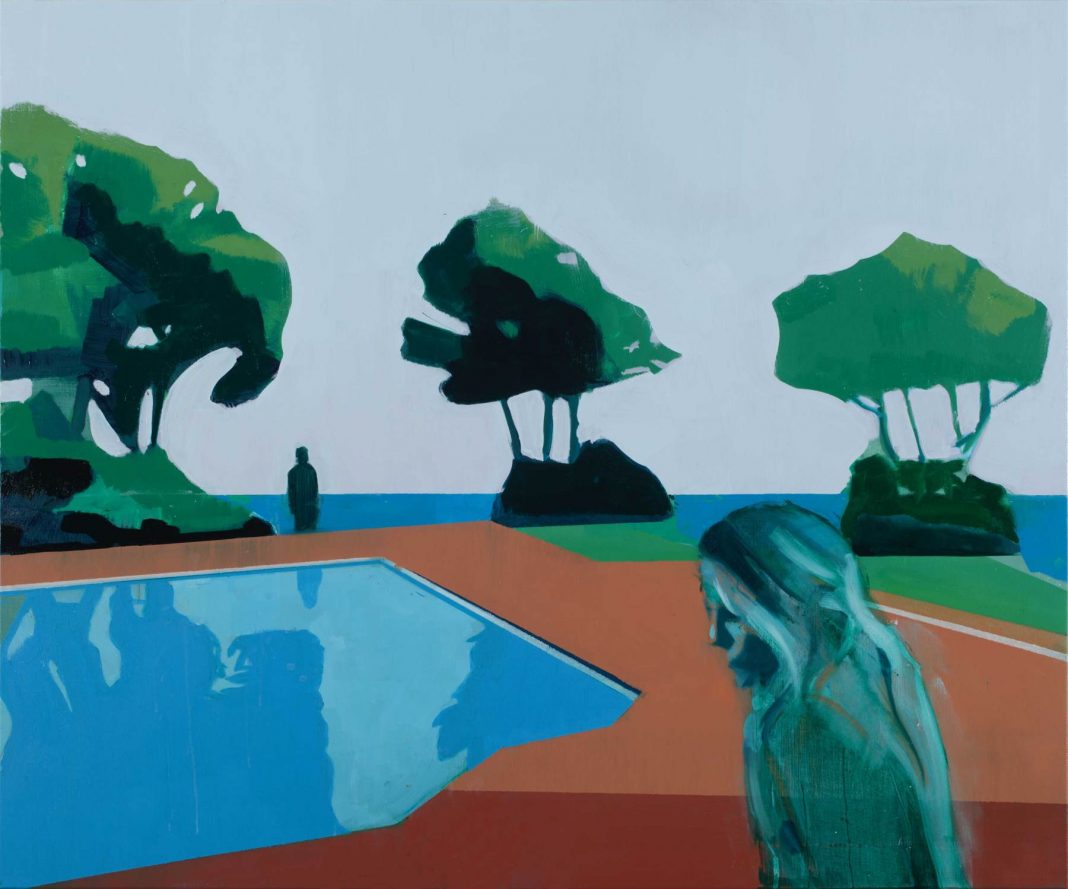Interview with Liana Zoza
Art, as its people unanimously accept, is affected first and recovers last in times of crisis, especially through a great social and economic crisis that is expected, after a global pandemic with an unknown expiration date.
In the section “The Art | Artists Diaries” written and edited by Liana Zoza, will be hosted interviews by Greek and foreign artists (artists, musicians, dancers, actors, etc.), gallery owners, curators and in general from people of the full scope of contemporary art. All the guests will answer the same questions and make their comments in this special case for the art.
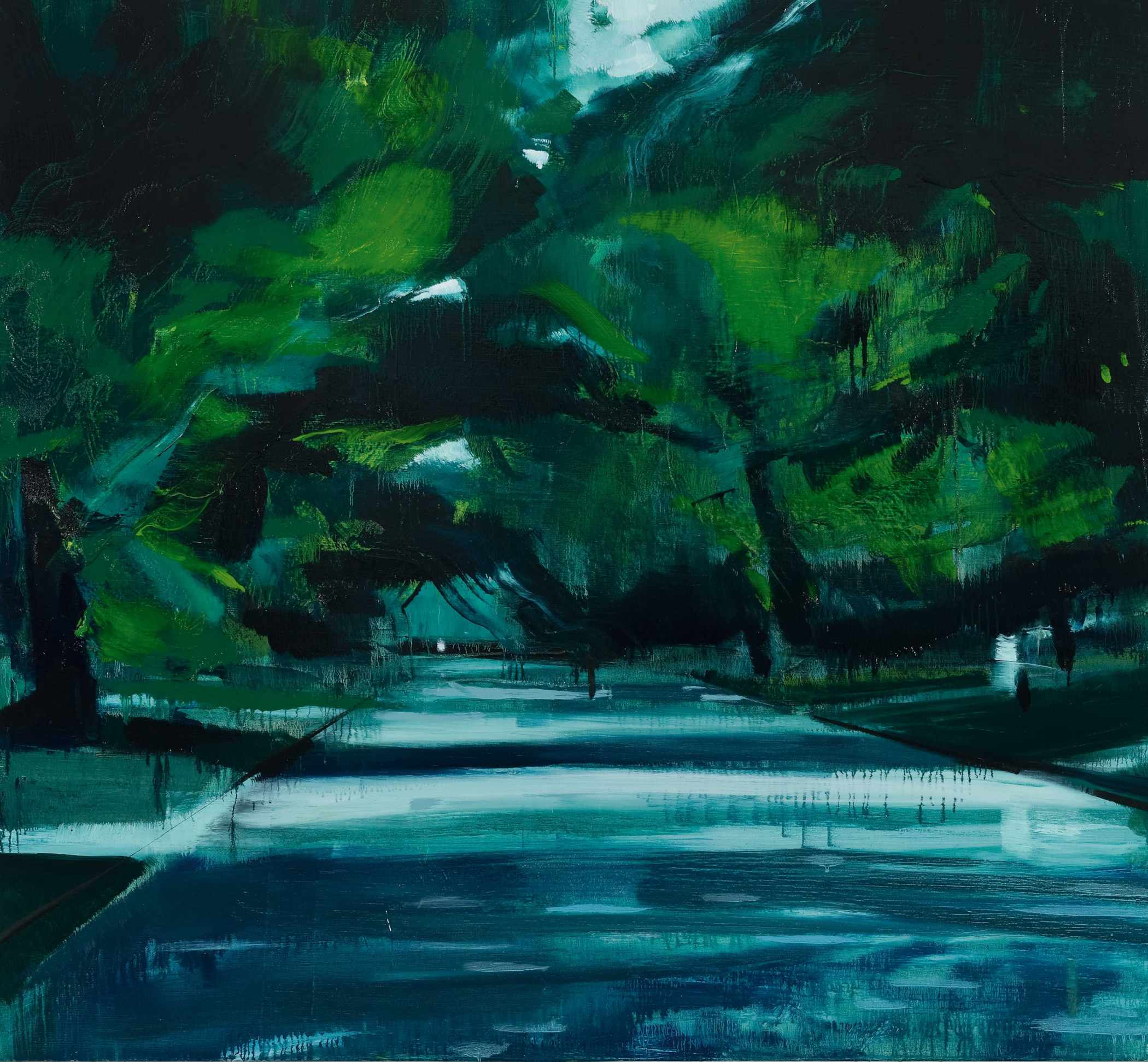
-Art is in the middle of a pandemic. In what ways does art get affected by that?
-Fran Lebowitz was asked by The New Yorker about the idea that since W. Shakespeare wrote ‘King Lear’ during the bubonic plague, it could also affect artists during this pandemic covid -19?
“Many artists have talked to me about this and I point out to them: You are not Shakespeare, she replies”
The work as an artist is for myself chosen celibacy much of the day so the transition to and from Quarantine / isolation has not been noticeable.
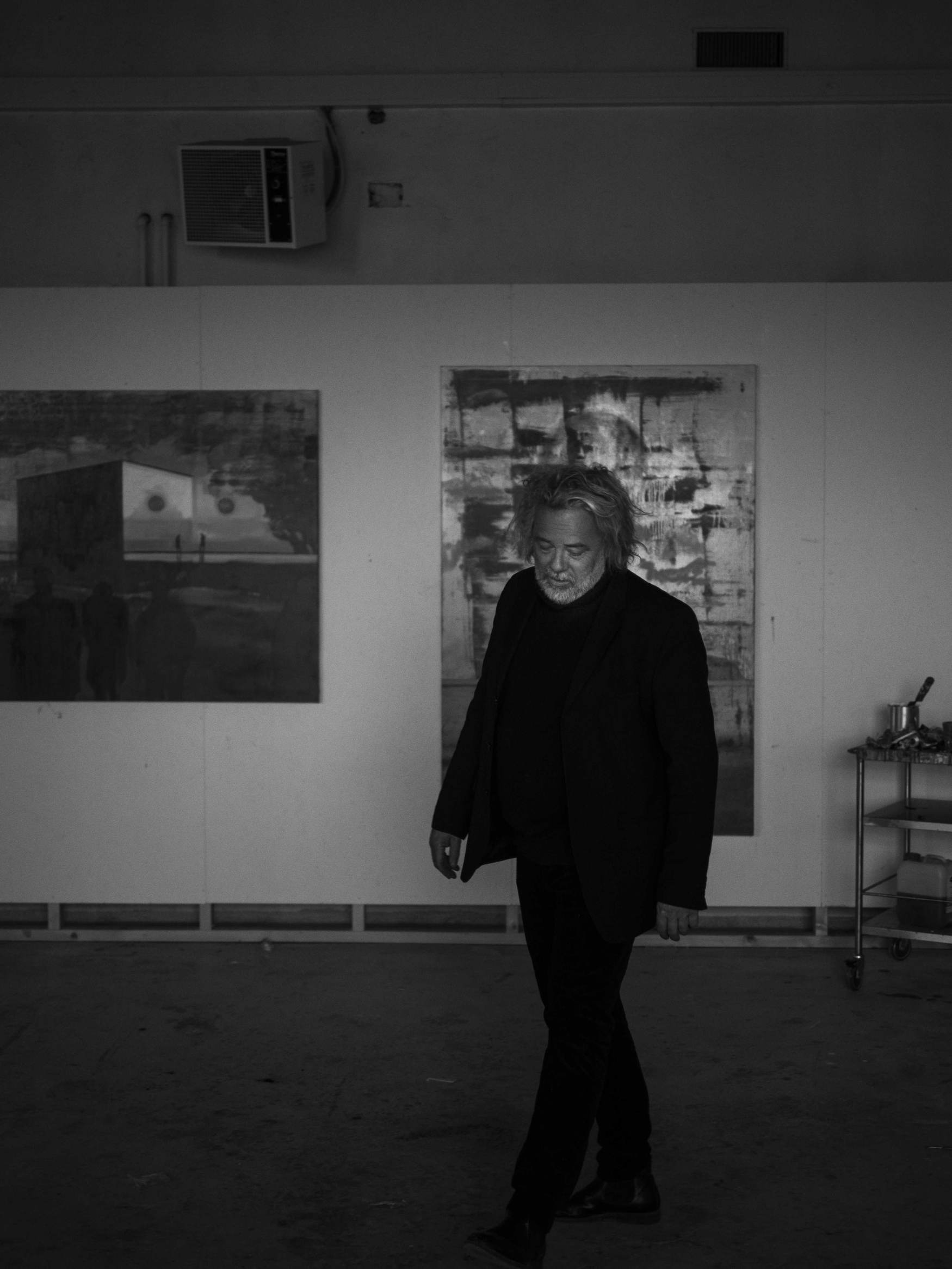
Otherwise, in life, I do not take in the misery of the world and not now under Covid-19. It will be unbearable.
You are closest to yourself, so for me, the last few months have been a very good work period with an unusual number of new professional inquiries from galleries abroad and good peace of mind as both lack of air traffic and bright office windows around me have given a strange calm in the urban space.
The big existential questions also did not come into my life as a surprise during the pandemic as it is something that is always obvious and fundamental to practice my profession for me.
-Art | Artists | Art Spaces. What will be the next day?
-Difficult to say of course but art scenes follow the money if people like it or not.
All since the Medici in Florence.
Medici patronage was responsible for the majority of Florentine art during their reign, as artists generally only made their works when they received commissions in advance.
The point is that the economy among collectors, museums world and fairs decides a lot the situation for artist.
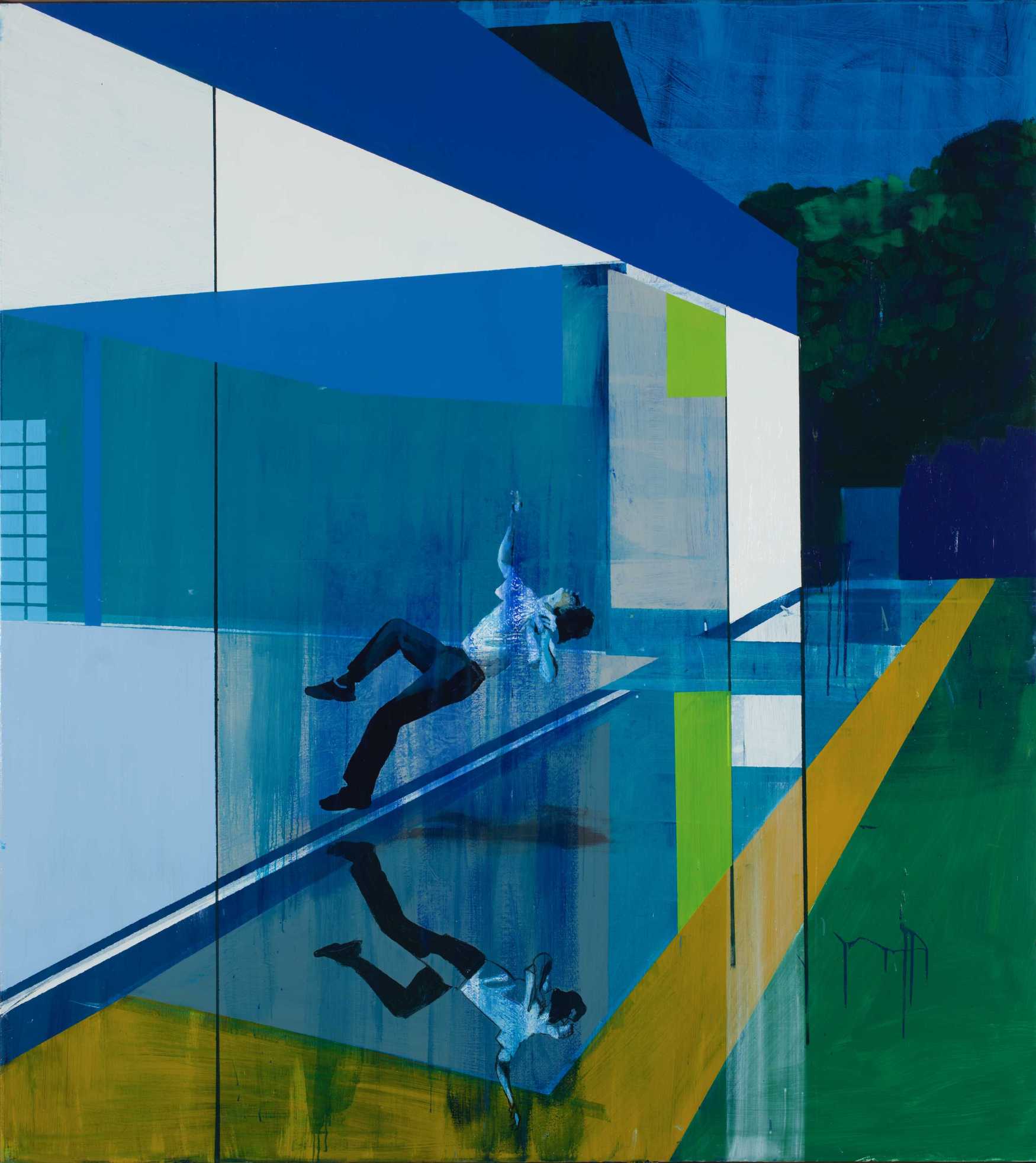
-Will the art market get affected by that? If so, in what ways?
-It will, of course, get affected. But maybe that’s healthy to get a break from a growing hype one can sometimes see …
-Art | Technology. What will be the role of technology regarding the communication and purchase of art?
-I am a painter. I am deeply focused on this medium and I insist that this old fashion medium has a possibility done right to give a window out from all the bling – bling and visual noise.
That said. Digital platform are a must as an artist to survive.
-Art | Social Distancing. How is it effective for art to operate in accordance with the laws of social distancing?
-Last time I was in the Ufizzi gallery we all walked around in small groups. To avoid crowds. This was before Covid 19.
To see art among a few people is absolutely to prefer no matter reason. Covid or too many tourists in museums.
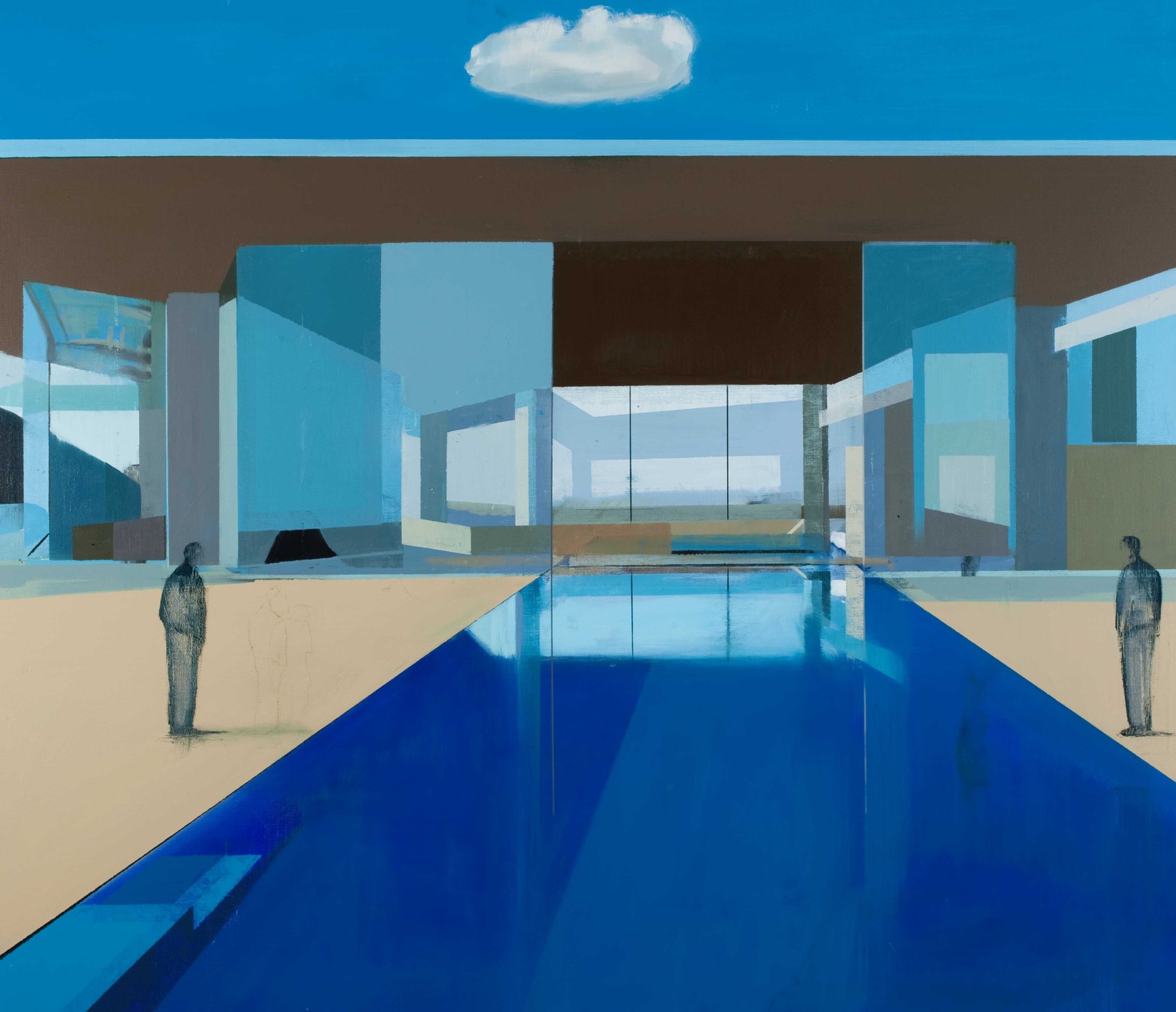
-Which famous contemporary piece of art would you choose to describe the current situation and why?
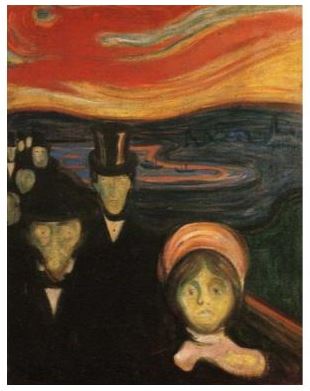

-History until now has shown that art survives even under the most crucial circumstances and provides us with pieces of big importance. Is it going to happen the same now?
-Yes!
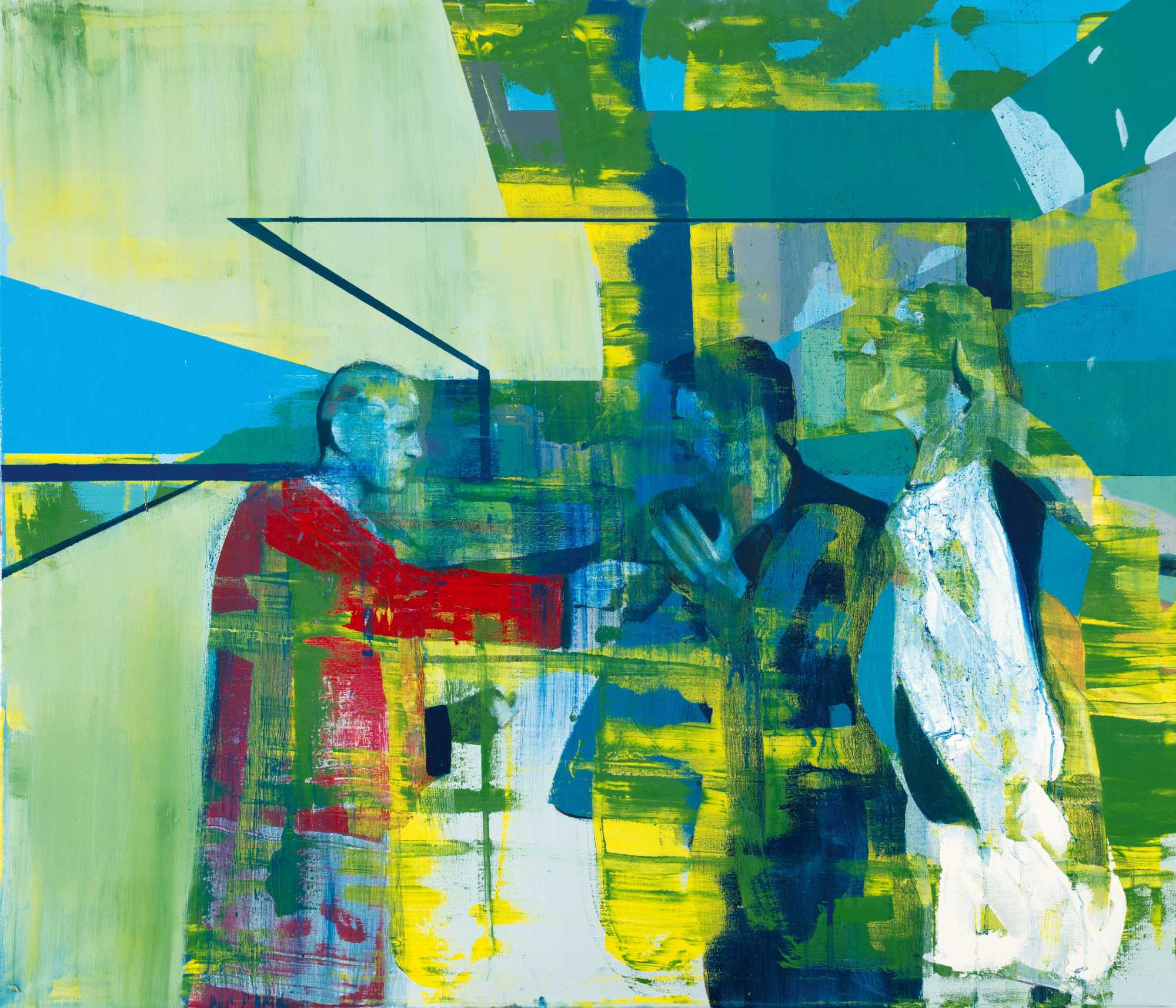
Who is Who
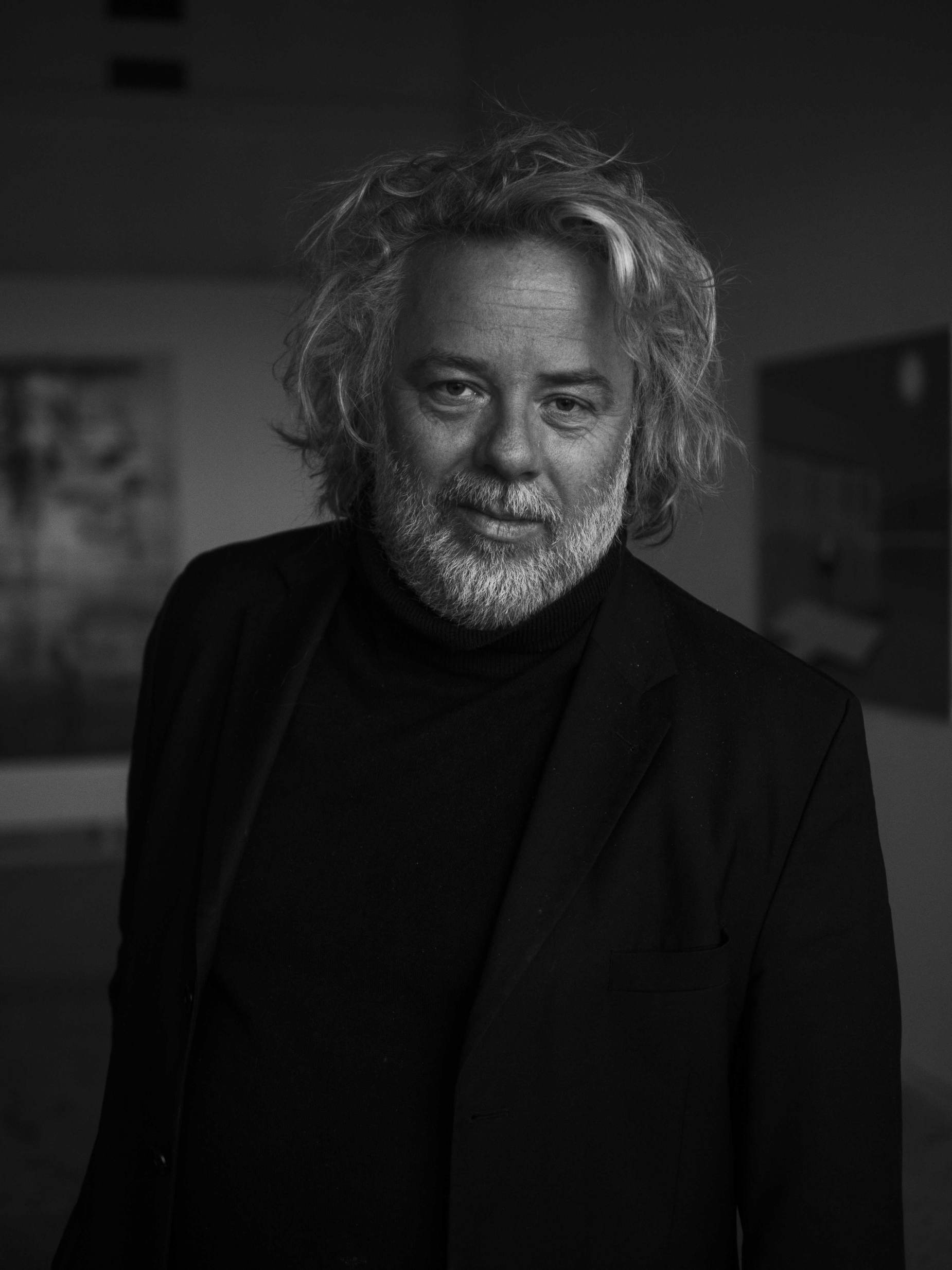
Kenneth Blom, born in 1967 in Roskilde, Denmark and moved to Norway as a child. He studied at the Statens Kunstakademi in Oslo (1990-1994), as well as at the Düsseldorf Academy of Fine Arts (1994-1995).
He has shown extensively in Europe and worldwide, including as a featured artist at Sotheby’s New Bond Street in London, at the Henie Onstad Kunstsenter in Norway, at Jason Mc Coy Gallery in New York, at Galeri Haaken in Oslo, at Pekin fine arts in Bejing / Hong Kong, at Luisa Catucci in Berlin, at Lyon Particul gallery in Lyon, at Gallery Birch in Copenhagen, at Im Vektor in Innsbruck and at Dropsfabrikken gallery in Trondheim.
Today, Blom lives and works in Oslo.


